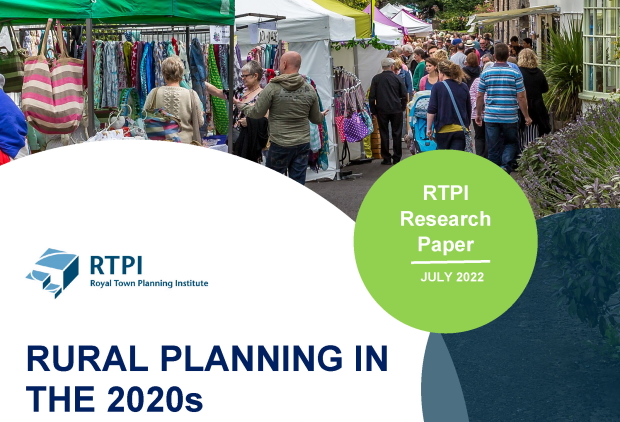T: 01822 851370 E: admin@sparse.gov.uk
RSN Voices Serious Concerns Over ‘Fairness’ Of Settlement
Read here...
Rural Planning in the 2020s
Rural Planning in the 2020s is a report launched this month by the Royal Town Planning Institute (RTPI)
It examines the challenges facing rural communities throughout the UK and in Ireland in the 2020s. It seeks to address how rural planning will need to change to deal with these challenges, as well as how rural communities can meet policy and practice objectives for achieving sustainable development.
The Final thoughts section of the report includes concerns over resources in planning and the role of the land.
“The importance of place-specific planning is essential for rural planning practice, emphasising the intimate link between place and planning. People provide that link and have much to contribute to rural planning practice in the 2020s and beyond. Their knowledge and their energy are key to many of the successful initiatives reported in the case studies, and empowering communities should be an ongoing aim for planning in rural as well as urban areas.
But local energy is not a complete substitute for a well-resourced planning service. We heard that general resource constraints affecting the public sector are compounded in rural areas by recruitment challenges. There is a clear role for the RTPI and for planning schools in reinvigorating the art and science of rural planning, in nurturing new talent and helping rural authorities overcome their recruitment and skills challenge.
A recurrent problem for rural areas, which also affects the recruitment of planners, is the ‘farming trope’: the countryside is all about food production and its only need is to be protected from intrusive development. The farming economy is very important, but rural areas are about much more than food production and need to be supported in the transition to mixed, post-carbon economies. Planning will be central to that transition, guided by principles that are agreed but flexibly applied at all levels, and delivered by a broad partnership of community, public, voluntary and private interests.”




